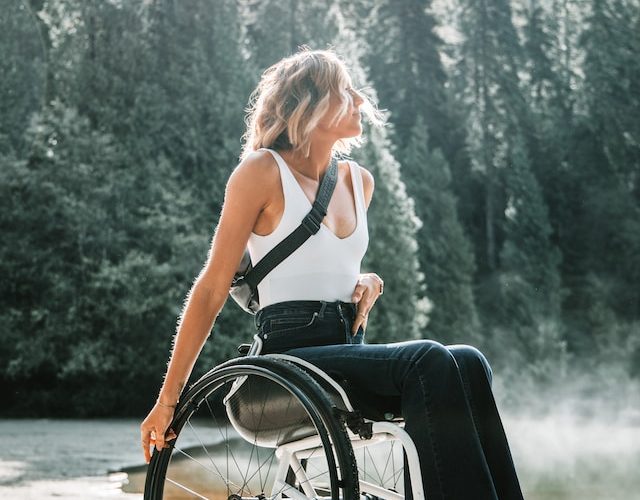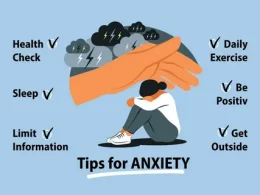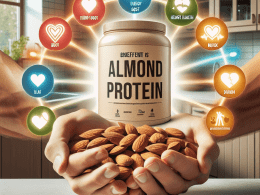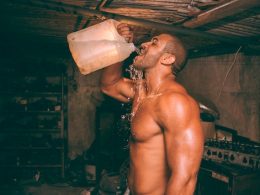Introduction
Sexuality and disability are two essential aspects of human identity. Yet, the intersection of these two domains remains largely misunderstood and shrouded in misconceptions. Society’s perception often fails to recognize the vibrant and diverse sexual lives and experiences of individuals with disabilities. In this article, we embark on a journey to break down these misconceptions and explore the multifaceted nature of sexuality within the disability community.
Breaking Down Misconceptions: Exploring the Intersection of Sexuality and Disability
It is crucial to challenge preconceived notions and foster an inclusive dialogue around sexuality and disability. By examining this intersection, we can better understand the unique challenges faced by individuals with disabilities, as well as their diverse experiences, desires, and rights.
Misconception 1: Asexuality is Prevalent Among People with Disabilities
Contrary to popular belief, asexuality is not more prevalent among individuals with disabilities than in the general population. While it is true that some individuals with disabilities may identify as asexual, it is essential to recognize that diverse sexual orientations exist within this community. Just like in the general population, individuals with disabilities can identify as heterosexual, homosexual, bisexual, pansexual, or any other sexual orientation.
Misconception 2: People with Disabilities Lack Desire for Intimacy and Relationships
Another pervasive misconception is the assumption that people with disabilities lack desire for intimacy and meaningful relationships. This misguided belief stems from the societal tendency to infantilize individuals with disabilities, overlooking their emotional and sexual needs. In reality, individuals with disabilities experience the same spectrum of desires for companionship, love, and physical intimacy as anyone else.
Misconception 3: Disability Negates the Possibility of Pleasurable Sexual Experiences
Many people mistakenly believe that physical disabilities automatically hinder the possibility of pleasurable sexual experiences. However, it is essential to recognize that disability does not inherently diminish a person’s capacity for sexual pleasure. By embracing adaptive strategies, assistive devices, and open communication, individuals with disabilities can explore and enjoy their sexuality just like anyone else.
Misconception 4: Disabled Individuals Are Incapable of Consenting to Sexual Activity
A harmful misconception prevalent in society is the assumption that individuals with disabilities are unable to provide informed consent for sexual activity. This erroneous belief stems from a patronizing and paternalistic view that disregards the agency and autonomy of disabled individuals. It is crucial to understand that capacity for consent is not inherently linked to disability, but rather to an individual’s ability to understand and communicate their desires.
Misconception 5: Disability and Sexuality Are Mutually Exclusive
A prevailing misconception is the idea that disability and sexuality are mutually exclusive, that a person can only exist within one sphere or the other. This misconception fails to acknowledge the holistic nature of human identity. People with disabilities possess multifaceted identities that encompass their sexuality, just as their sexuality is influenced by their disability. It is crucial to embrace an inclusive perspective that recognizes and celebrates the intersectionality of these experiences.
Misconception 6: All Disabilities Impact Sexuality in the Same Way
One of the most significant misconceptions is the assumption that all disabilities impact sexuality in a uniform manner. In reality, the diverse nature of disabilities means that individuals’ experiences and challenges within their sexual lives can vary greatly. Factors such as the type of disability, its severity, and individual circumstances all contribute to shaping the intersection of disability and sexuality.












